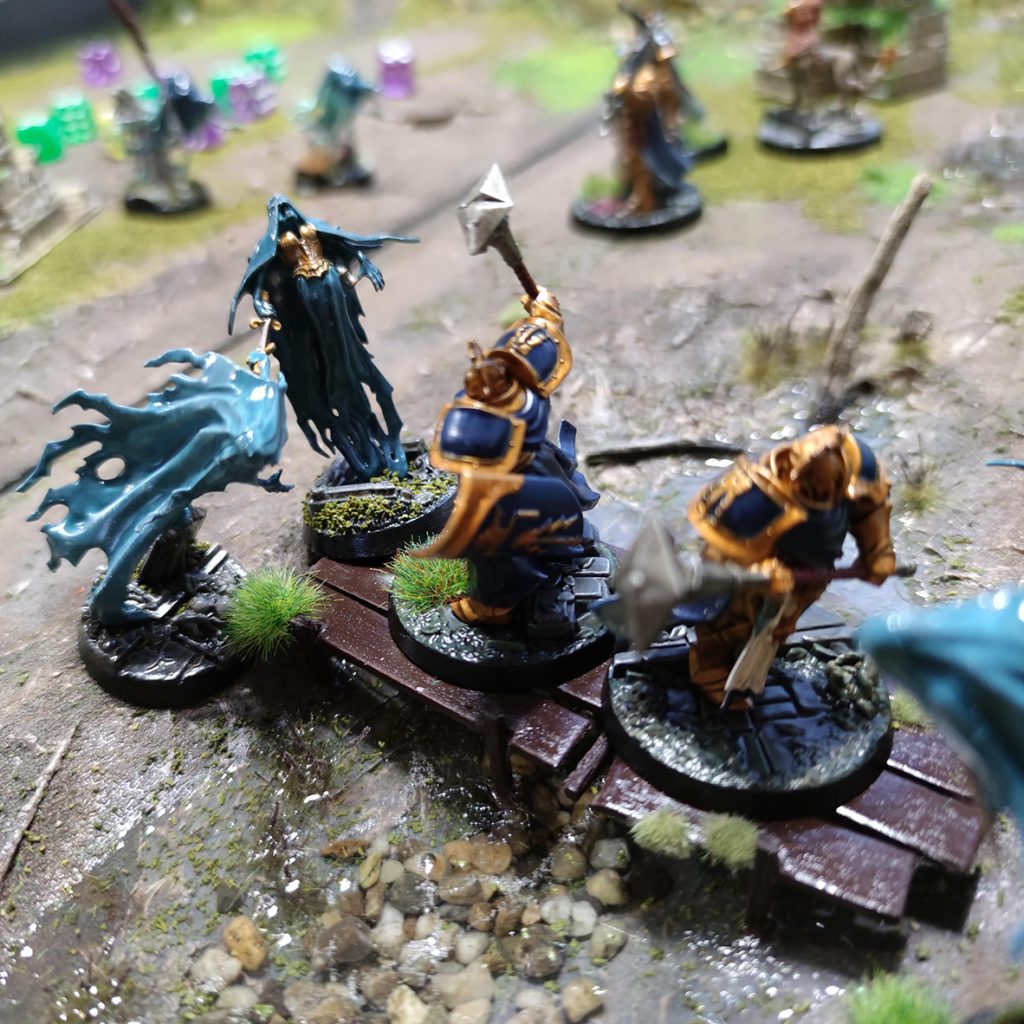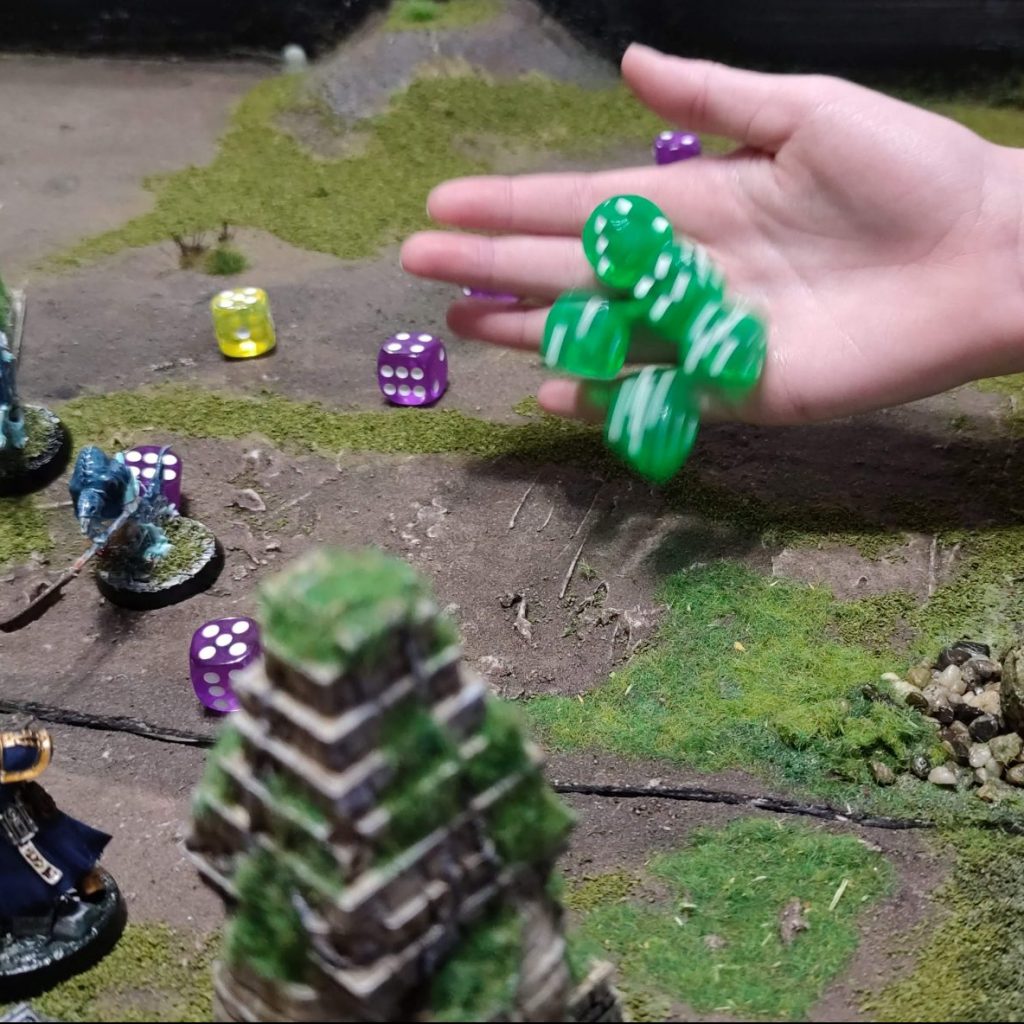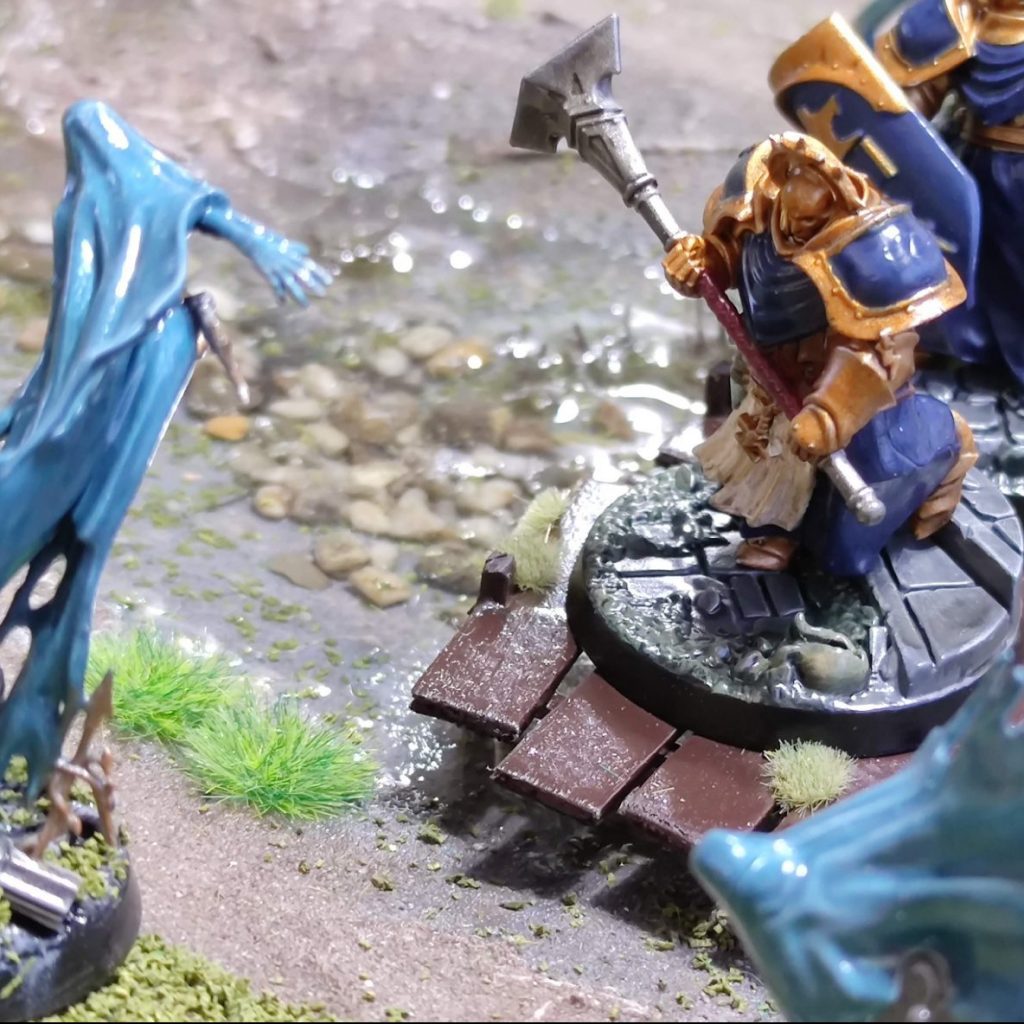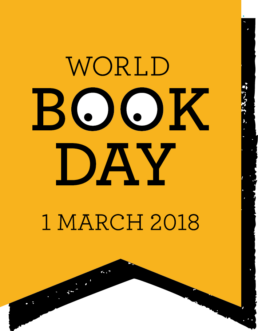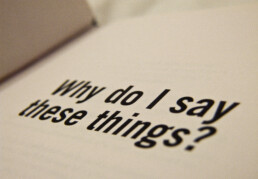A new book to save teachers time
I'm finally able to showcase the cover for my upcoming book with Corwin Press. "Write it. Level it. Teach it." is a book designed to help teachers save time when creating content for their class while maximising its effectiveness through clear focus and by pitching it at the correct reading level.
If you came along to my Writing For The Classroom workshop, you'll be familiar with the core concepts, but the book goes into much more depth and includes loads of teacher exercises and examples to help you on your way. It's due out in Spring 2022, so keep an eye out for more information. Signing up for my monthly newsletter is the easiest way to do just that.
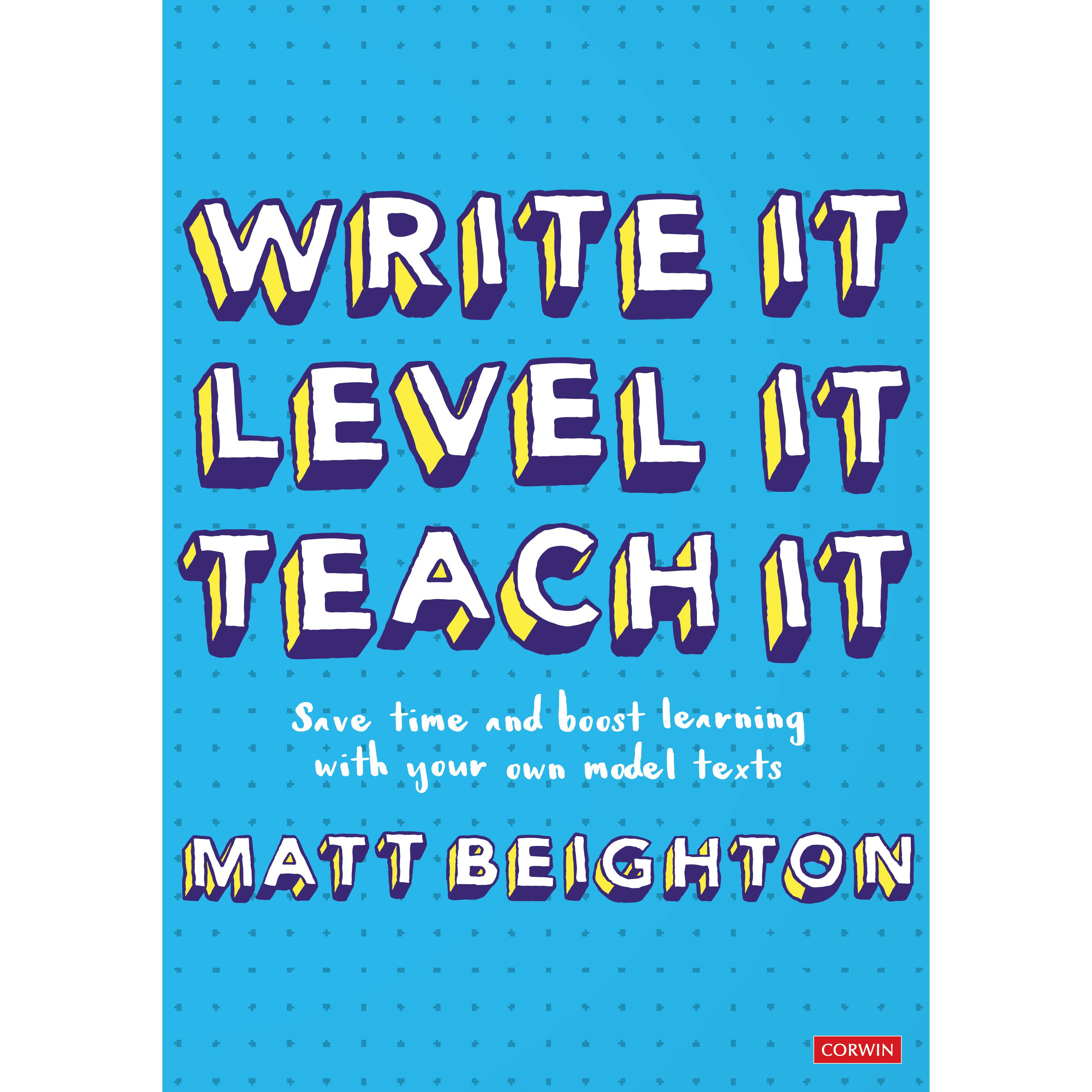
Brand New Writing Workshop
I've been working on a new workshop for engaging reluctant writers and extending greater depth writers and wanted to share some images. Those who recognise the pictures will have some idea about how the workshop might work, but for those who don't, I'll give you a clue:
Children in the workshop will step onto a miniature battlefield and take control of a small army. After each turn, they will describe the narrative as it unfolds in front of them, from their own army's point of view.
Each game will involve different twists and turns and so each narrative will be unique. Using a school adult to scribe their ideas, the children will be full immersed in talking their writing and exploring the miniature world around them.
There are several key benefits to this particular workshop:
- It's game-based.
- The children won't be doing the writing - they will be talking all of their ideas. This is great for children who struggle with the physical act of writing or who struggle to commit ideas to paper.
- They will end up with a detailed and immersive dual narrative by the end of the session.
As soon as things start to calm down and it is safe again to head into schools, I'll be releasing more information and looking for some schools to trial the new session, so keep your eyes peeled for that email.
If you are looking to book a virtual session, I'm taking bookings now for the summer term. Get in touch, and see how I can help.
Don't forget to have a look at what I think are excellent creative writing resources and my writing skills assembly videos.
Virtual Author Visits
We are living in strange times for education, right now. None of us knows what capacity schools will be able to open in September, or whether they will be allowing external visits. To try to move with the times, and to continue offering what I believe to be a valuable and exciting education opportunity, I am booking virtual author visits for the new term. If this is something that you think your school would like to know more about, check out my dedicated page and get in touch.
World Book Day Offer
To celebrate World Book Day on Thursday 1st March, I'm offering 15% off all purchases on the Green Monkey Press Etsy shop between 28th February and 2nd March. Use the code WBD18 or follow the link above.

My Discomfort With Kickstarter
Something has been bugging me for a while now and, seeing as I really am due a blog post, I thought I would lay bare my dirty little secret. I am uncomfortable with authors using Kickstarter to fund their work. There, I said it. I am aware how wildly unpopular this view is after many disagreements on the multiple author-centric Facebook groups that I frequent. It appears to be a very split topic (you never know, this one may actually generate some comments below!).
I suppose, before I present my case to you, the jury, I should at least own up to my experiences with Kickstarter. I have never ran a Kickstarter campaign nor have I had a product involved in one. I donated to Zach Braff's Wish You Were Here project, one of the first really big Kickstarter campaigns and didn't love the experience. I couldn't help but feel in a view shared with large sections of the media, that I was helping him to fund his own dream. He refuted these claims well but I was still left uneasy by the whole thing.
I have also donated to two card game campaigns; the funtastic Bears vs Babies and the yet-to-be-delivered Potato Pirates (I'm interested in the coding for children aspect as part of my real job as as teacher). Both of these have had a very different feel. They were complete when I donated. They were used primarily as a marketing and pre-order service. All these people were asking me to pay for was the product at a discount. With Zach Braff I was being asked to pay for the entire process from conception to fulfilment. I paid for the catering on set, for the actors' salaries, the grips, the permits to use public spaces (this may be an exaggeration as I only donated $20 but I have no idea how much a grip costs or, for that matter, what one is) etc. I was paying for something that didn't yet exist.
This leads me nicely onto my issues with Kickstarter projects for authors, in particular children's books as this is where I am currently seeing an influx. For better or worse, the vast majority of us Indie authors do not earn enough to do it as a full time job. Call it a hobby, a sideline, whatever you will but whichever way you spin it, it isn't our primary source of income. This is largely because it's hard to sell vast quantities of books and largely because we don't make much on each sale. So I understand the allure of producing a book from start to finish and not incurring a penny's cost to yourself. But, why should that be the case? I hear arguments that we deserve to be paid for our work and I'm sorry, but we don't. We have no given right to be paid for writing a book. We have the right to write that book but, beyond that, it is up to the consumer to decide if we deserve paying for it. That's how it works. Traditionally published authors are paid the same, they may receive an advance but that is offset against any future royalties and so they, in the end, are only paid if their work sells.
I think it is this seeming sense of entitlement that leads to my linked annoyance. A lot of first time Indie authors seem to write their book, look at their print options and cry at the pittance you make per sale. I know this because I was one of them. Authors then seem to go one of two ways. They either understand that this is due to market forces (until you can persuade the masses to pay more per book, you won't earn more) and charge market price for their book or they do some maths. They look at what it costs to print and distribute with Amazon's 40% royalty cut, pluck a figure out of the air based upon what they feel they are "entitled" to earn and add it on. This leads to 200 page paperbacks being sold for £14.99. I have always opted for the former option simply because I firmly believe that is what is fair and I can't justify why somebody looking to buy a children's book would pay twice as much for a little known author such as myself than they would for, say, David Walliams.
So let's look at Kickstarter. My main problem is asking people (apparently it isn't begging no matter how many times you "ask" via social media) to fund your work. I have no concerns with people completing a book and then using Kickstarter as a marketing and pre-order system. It is a lot cheaper to get books printed in bulk than to use print on demand and so if you can drum up a thousand pre-orders than you can cut the print cost dramatically. After all, all you are doing here is asking people to buy your book, probably at a discount, and is no different to selling and marketing Amazon or anywhere else.
If, however, all you have is an idea or unpolished manuscript then you asking other people to pay for the leg work; for illustrators and editors, proofreaders and cover designers etc. You are removing all of the risk from yourself. You are not asking people to judge a product that is already complete, you are asking them to pay for your effective research and development phase as well. This is what makes me uncomfortable. This is where I feel the sense of entitlement comes in. I've been given the old "we deserve to be paid for our work" line a lot in response to this argument. As above, I don't feel we do. There are lots of kids out there who are great at football (soccer to you Americans). They have the same attitude; I deserve to be paid big bucks for my skills. It's the same with those that can sing or want to be a YouTube sensation. Maybe this is all a direct result of over-exposure to reality TV/instant fame. People are starting to question why they can't have a slice of that immediate success. By running a Kickstarter that pays for everything in the process, you are achieving that instant success.
When I wrote The Spyglass and the Cherry Tree it took me roughly three years (this is excessive, I appreciate). I then redrafted it several times over the next year before finally working through it with my editor. Over that time, not only did the story itself improve and develop, I developed as a writer. Had I had a six month deadline to get the work finished, edited and released to backers, none of that improvement would have happened. Singers who star on the X-Factor largely don't gain the experience of grafting hard in small venues honing their craft. Look at who generally last the longest, immediate success or those who work their way up? To me, Kickstarters jump the ladder and miss out on the opportunity to develop as an author.
It goes completely against the grain of how I feel creative endeavours work. I also worry, if there is no financial risk to yourself, will you lose some of that edge to make sure that it is the best product it can be? Will you be tempted to chip a little off the illustration budget by hiring a second rate illustrator and keep the change? Many won't, lots will. It's human nature. What are the long term prospects for these books once the initial social media frenzy has died down? I'd love to know from somebody who has been through this process how it has fared long term.
Somebody with whom I was disagreeing online suggested that nobody was forcing me to donate to these campaigns and they were entirely correct. That's not the point though, unfortunately. Whether we like it or not, Indie authors are all one giant group in the eyes of the public and custodians of books. No matter whether you write children's picture books or steamy erotica, we are all under the same umbrella. Try getting your book into a library or chain store and you will see the roadblocks we face. This is understandable and I'm completely on the side of the librarians here. A significant volume of self-published work is unprofessional and finished. Many don't employ editors or professional illustrators or cover artists. Many don't pay any attention to the standard trim sizes for the country they are working in. We cannot expect a librarian or book store buyer to read every Indie work thrust onto their desk and so they largely just say no. I worry that Kickstarter campaigns further tarnish the image of Indie authors as money grabbing and opportunistic. I may be wrong, they may be doing the power of good. I wait to be persuaded how.
Maybe it is because I know full well that my family and friends (who are extremely supportive of my work) would simply tell me to "sod off" if asked to donate and instruct me to inform them when my work was complete and they'll decide if they fancy buying it. And so it should be. Maybe my view is tinged slightly with jealousy that I'm not comfortable with the process. Wouldn't it be lovely to be absolutely fine with this and to jump on board the train and never incur a debt on any of my future work? You bet. One day I may endeavour to try it to form a first hand view. For those of you that have already ran with a campaign, this isn't designed as a judgement on you or your work, it is merely to express my discomfort and the reasons behind it.
I'd love to hear your views on this. Fair warning though, any personal insults or swearing will be removed. Sensible debate would be lovely.
Writing With Scrivener
I thought I'd take a few minutes to share a revelation I've had recently with writing software. Off the bat, I'm aware I may be way behind the curve here, but I'm still very excited!
When I wrote The Spyglass And The Cherry Tree, I used Microsoft Word to set out the manuscript by default. As the story was largely linear with only one thread it worked quite well; however, with the follow up novel, Emperor In The East, I wanted a much more multi-threaded story with more complex narratives. Working in Word would have been very cumbersome as I wanted to be able to move sections of the narrative around easily.
Enter Scrivener. I'd been recommended it before and used the trial but it seemed overkill to me and, to be fair, it probably would have been for Spyglass. For Emperor though, it seemed ideal.

As you can see from the screenshot above, it allows me to write each character thread in sections that can be moved around at will. It also meant that I could write the entire Willow narrative at once, section by section, and it wouldn't impact on the final order. This was much easier than writing the first bit of Willow's narrative, flicking to Ithilmir to write a bit for Snudge etc.
The only concern I had was whether once I'd finished writing the first act (I chose to structure the story in three distinct acts and write each one separately) would I have to move all of my beautifully organised sections out of their folder structure.

After organising all of the sections into the structure that I think works best (for now!) I started to look at how to achieve what I wanted. It turns out, Scrivener has a concept called Collections that you can add written sections to and order as you wish, without changing the underlying structure.
Amazing!
If you're not using it already, I'd certainly give Scrivener a go!
Hello World!
Well, here we are. Again. Having kept a blog for many a year when I was but a young twenty-something, I am finding it harder than I thought to come up with something worth saying this time around.
As an aspiring writer it has been brought to my attention that I really ought to have somewhere that I can showcase myself and my writing, even if nobody is actually reading it. This is my space. I shall try to fill it with colourful anecdotes about my attempts to finally finish my debut novel, The Dark Queen of Deorc, and my travails in attempting to get it published either through traditional routes or via the increasingly common self publishing. Right now, I can't make my mind up on which way to go.
I suppose a good place to start would be a introduction, though I'm sure that anybody reading this, at least in the early stages, already knows me. I am currently a teacher of primary aged children and find it very rewarding. It is also a great proving ground for trying out any ideas I have for my book.
The book. It has been several (albeit stop-start) years in the writing and I finally growing happy with it. It currently sits around the 75,000 - 80,000 word mark which I hear is on the long side for a mid-grade/young adult story (does anybody else find the age bands rather hard to understand?); on the other hand, it is a fantasy and so I am apparently allowed some leeway.
Over the next few weeks I plan to knuckle down and make sure that I am writing every evening again (work permitting) and will hopefully have a finished product to dangle in front of agents sometime before the end of February.
We shall see.
